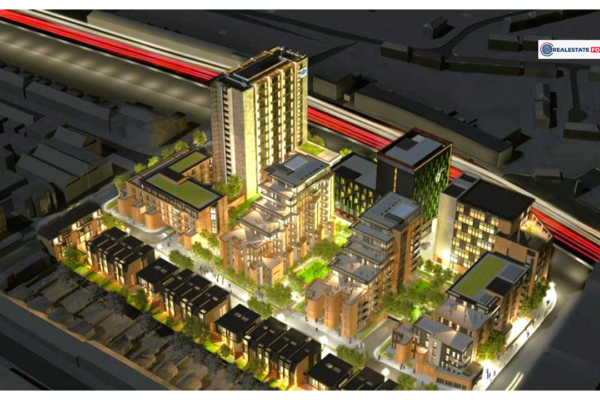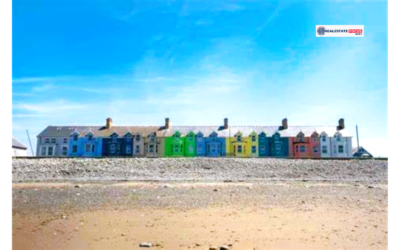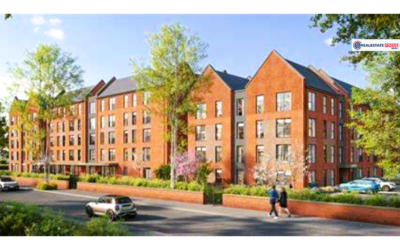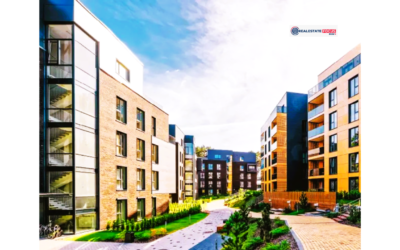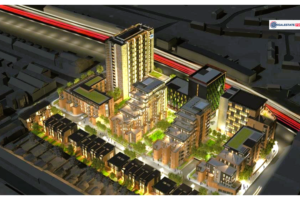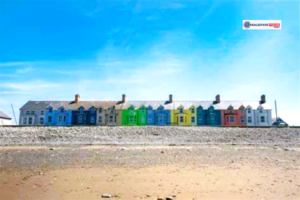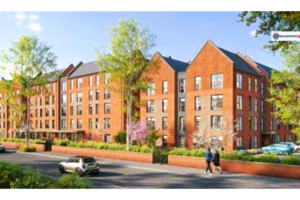
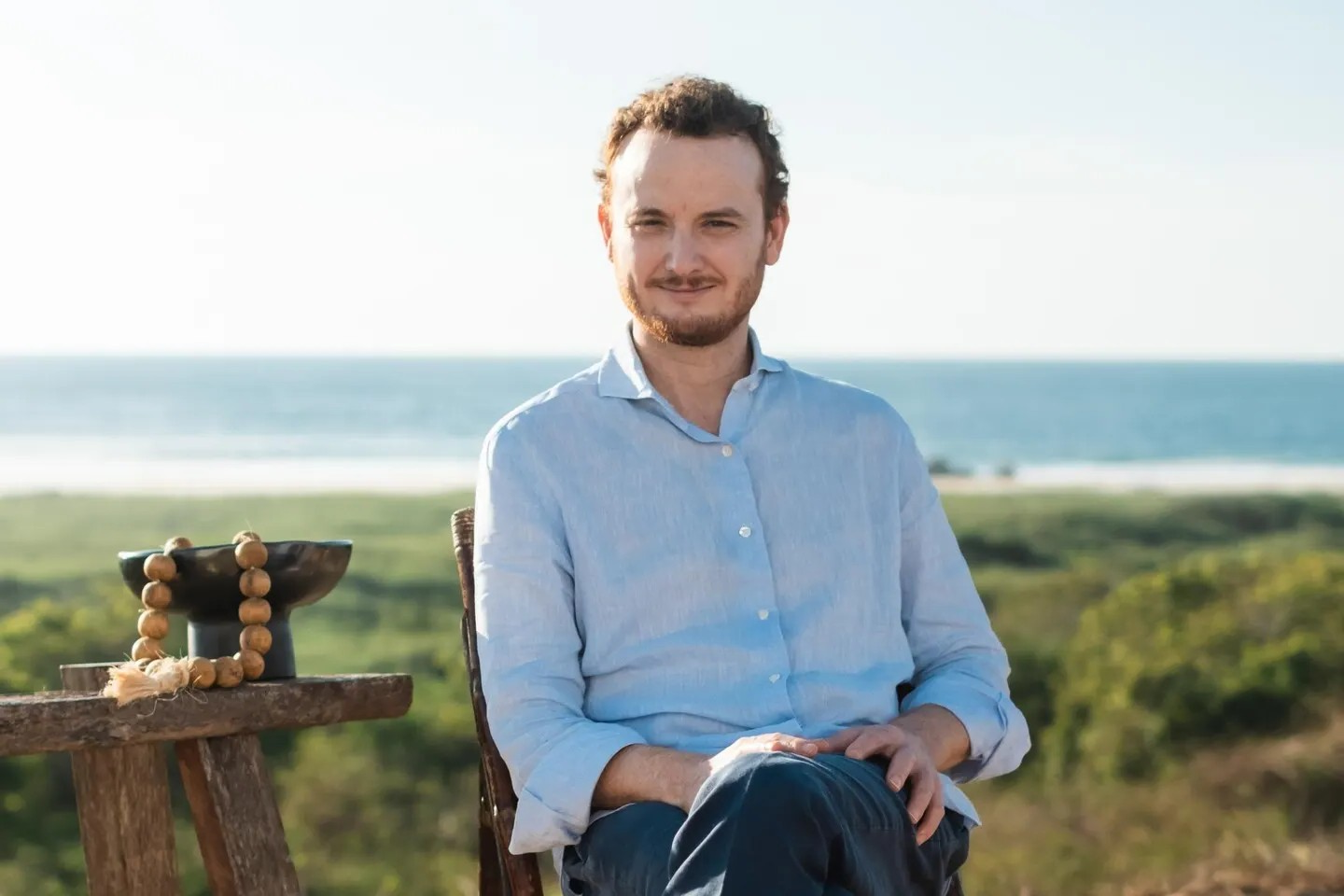
From Dreams to Dirt: Juan Bremer Builds Xala, a Luxe Eco-Paradise Rooted in Childhood Memories
Juan Bremer once dreamed of making movies, not mega-resorts. But while Hollywood shaped his early career, it was the untouched beaches of Mexico that truly captured his imagination. “There was a peaceful energy there,” he recalls. “It felt like a disappearing asset.”
Now, that dream has taken shape in Xala, a groundbreaking 3,000-acre sustainable resort development on Mexico’s Costalegre coastline in Jalisco. Merging ultra-luxury hospitality with regenerative agriculture, reforestation, and authentic local partnerships, Xala is more than a resort; it’s a movement toward building without destroying, and profiting without displacing.
“You can’t fake authenticity,” says Bremer. “This is a real agrarian place in Mexico. It needs to feel like it.”
From Film to Forests: The Accidental Developer
Bremer didn’t follow the typical real estate path. A film student in Los Angeles, he spent his early years behind the camera, not on construction sites. But in the early 2000s, before satellite maps were a tap away, Bremer was studying government land charts by hand, hunting for pristine coastal plots like an “Indiana Jones” of development.
That journey led him to Costalegre, where a chance encounter with fellow developer Ricardo Santa Cruz would change everything. Despite warnings and legal caution, Bremer trusted his instincts and Santa Cruz. “I looked him in the eye and said, ‘F— it. I trust you,’” he recalls.
That leap of faith launched a $150 million capital raise, backed by Goldman Sachs and TPG-Axon, and later co-founding RLH Properties, the luxury developer behind Mexico’s Four Seasons Mexico City and One&Only Mandarina.
Mandarina: The Jungle Blueprint
Before Xala, there was Mandarina Bremer’s first real test of concept. The coastal site lacked a standout beach, but its lush jungle became the defining asset. Instead of clearing forest, Bremer’s team divided the guest experience into ecological zones: a beach club, cliffside restaurants, and jungle retreats. The approach drove up construction costs $1.5 million per key but redefined what eco-luxury could look like.
“Everyone told me to price homes at $5 million,” he says. “But I knew what it was worth.” Today, Mandarina villas sell for over $35 million.
Xala: Agrarian Luxury Reimagined
Xala is Mandarina’s evolution: more land, deeper purpose. Bremer eschewed traditional luxury markers, no golf courses, no artificial lagoons and instead planted 440 acres of mango trees. The farm will produce USDA-certified organic fruit for the community, hotel, and homes. A tequila and mezcal distillery, community market, and reforestation zones are all part of the blueprint.
Rather than create another closed resort, Xala is designed to integrate with local life, ensuring that the land’s value is preserved for both residents and neighbors.
Hospitality with Heart
Set to open in 2027, Xala’s Six Senses resort will anchor a community of 200 homes, an outpost of Mustique’s Basil’s Bar, and a world-class wine bar. Yet the most compelling draw might be the vibe: informal, soulful, and rooted in place.
At the Surf Club, barefoot guests will start the day with waffles, eggs Benedict, and Mexican staples just steps from the sand. It’s not about opulence, it’s about experience.
The Future of High-End Hospitality
Bremer’s journey from filmmaker to real estate visionary is driven by a single throughline: storytelling with substance. In Xala, he’s telling a new story for a luxury one that doesn’t erase the land, but elevates it.
“India has ashrams. Bali has spirituality. What’s Mexico’s soulful offering?” he asks. “We’re answering that with Xala.”
As climate, culture, and capital continue to intersect, Xala may be the model the world didn’t know it needed a resort built not just to escape to, but to belong in.

